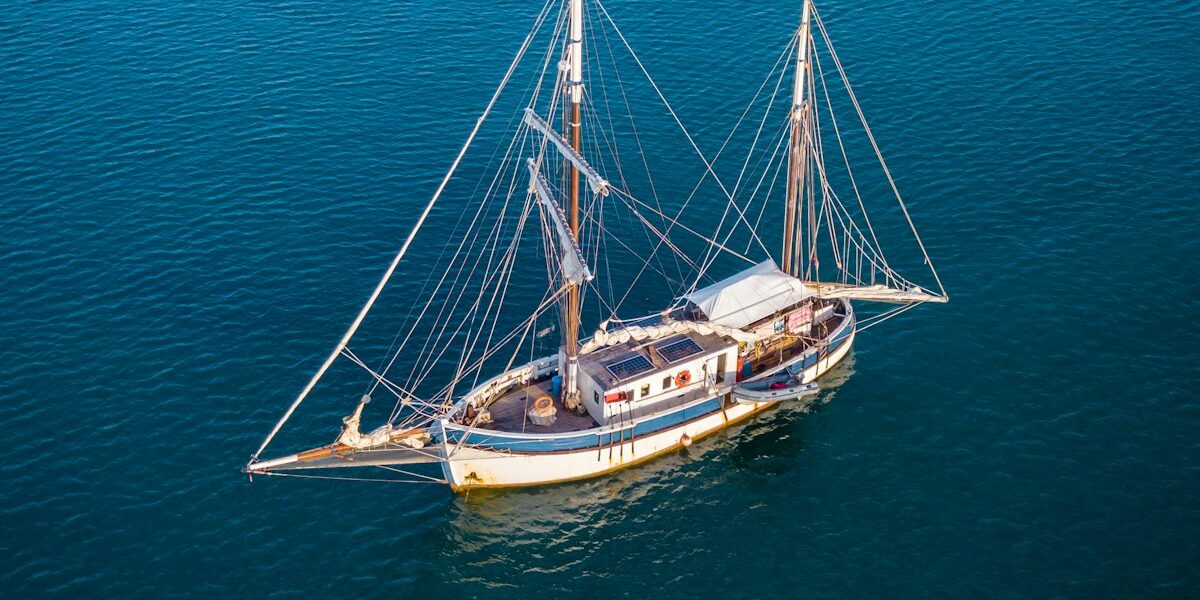Ian Malouf: A Visionary in the Waste Management Industry
Ian Malouf is a name synonymous with innovation in the waste management sector. Known for transforming garbage into a lucrative and environmentally-friendly business, Malouf’s journey is a textbook case of entrepreneurial success.

Ian Malouf’s venture, Dial A Dump Industries (DADI), began modestly. In the late 1980s, he started with just a truck and an idea. His aim was to make waste collection more efficient and profitable. Over the years, Malouf built one of Australia’s largest privately-owned waste management companies.
Unlike many in the industry, Malouf always kept an eye on sustainable practices. Early in his career, he recognized the potential of recycling and clean energy. By investing in advanced recycling technologies, DADI could process construction and demolition waste with high recycling rates. This not only helped the environment but also provided a steady stream of usable materials.
Innovations in Waste Management
One of Malouf’s key contributions has been in the use of technology. He introduced automated processing lines and sorting robots. These innovations helped in significantly reducing manual labor and improving accuracy in waste sorting. This was crucial in achieving high recycling rates and lowering operational costs.
Another notable development was the Energy from Waste (EfW) facility. Malouf envisioned turning non-recyclable waste into energy. This approach addressed two critical issues: waste disposal and energy generation. The EfW plant thus became a model for sustainable waste management in Australia and beyond.
Environmental and Economic Impact
Malouf’s methods not only benefited the environment but also had significant economic implications. By turning waste into valuable resources, he showed that environmentally friendly practices could be profitable. This dual benefit made his ventures attractive to investors and policymakers alike.
The high recycling rates achieved by DADI helped in reducing landfill use. This had a direct impact on reducing greenhouse gas emissions. Simultaneously, the recycled materials supplied various industries, reducing the need for raw materials. This closed-loop system proved to be both economically and environmentally sound.
Expansion and Partnerships
Under Malouf’s leadership, DADI expanded rapidly. The company acquired several smaller firms, extending its reach across Australia. Strategic partnerships were also crucial. Collaborating with local councils and other waste management companies provided the scale and resources needed for larger projects.
These expansions were not just about growth. They were about setting new standards in waste management. By sharing technologies and practices, Malouf aimed to elevate the industry’s overall efficiency and sustainability. This collaborative approach ensured continuous improvement and innovation.
Leadership and Philanthropy
Malouf’s leadership style has been pivotal in DADI’s success. He is known for being hands-on, often involved in the daily operations. His approachability made him a respected leader among his employees. By fostering a culture of innovation, Malouf ensured that his team was always looking for better ways to manage waste.
Beyond business, Ian Malouf has also been active in philanthropy. His contributions to environmental causes are well-documented. Through various initiatives, he has supported efforts to combat climate change and promote sustainability. He has also been involved in community development, providing resources and support for local projects.
Future Prospects
Looking ahead, Malouf’s vision remains as vibrant as ever. With the increasing global focus on sustainability, his approach to waste management is more relevant than ever. He continues to explore new technologies and methods to enhance recycling and waste-to-energy processes.
Malouf’s influence extends beyond Australia. His successes have set a benchmark for the global waste management industry. As countries grapple with waste disposal issues, his models provide workable solutions. The emphasis on recycling and converting waste into energy offers a blueprint for sustainable waste management worldwide.
Conclusion
Ian Malouf’s contributions to the waste management industry are both significant and far-reaching. Through innovative practices and sustainable methods, he has shown that waste can be a resource rather than a problem. His journey offers valuable lessons for entrepreneurs and environmentalists alike. As the world continues to seek sustainable solutions, Malouf’s work stands as a testament to what can be achieved with vision, persistence, and innovation.



